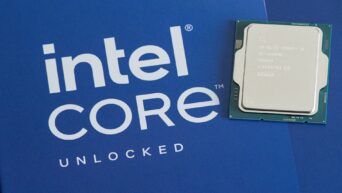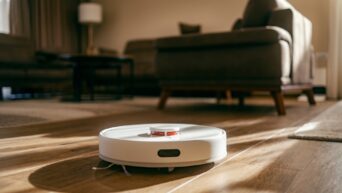No nanomachines yet, but these are pretty promising.
With surgeries becoming more and more complex, the healthcare sector is constantly looking to upgrade their technology to help ensure that all surgeries go as smooth as possible. The goal is that future surgeries will be more technologically-led and great strides are being made to make that a reality.
Robotic Surgery
Robotic surgery has already been implemented in many minimally invasive surgeries helping to make the procedures more precise and less time-consuming. One of the more advanced surgical robots gives surgeons the ability to perform surgeries using a 3D camera. This provides surgeons with the help they need to be guided through the surgery and reduces fatigue that could set in after long hours under the knife. The robots pinpoint precision also ensures less bodily trauma to patients, along with minimal scarring and faster recovery time.
Genomics
Genomics involves the analysis of individual DNA strands with the hopes of identifying and predicting people who are more likely to develop certain illnesses. This technology could allow for preventative surgeries to take place at an earlier stage. Blood tests would become vital in liquid DNA analysis, which will help to identify any conditions prior to any symptoms. Genomics could help save a lot of lives by allowing healthcare personnel to get ahead of illness and cut them off before they potentially become a problem.
Needle-Free Diabetes Care
Patients living with diabetes need to maintain their blood glucose by drawing blood regularly and administering insulin shots. With this current method, patients are at a high risk of infection. A needle-free system is in the works that will allow patients to keep tabs on their blood glucose levels with the use of a patch. The patch will remove top layer skin cells to determine blood glucose levels. The device will have something similar to an electric toothbrush that will remove the necessary cells and interpret the blood composition. An alert will be sent to the patient if their glucose level exceeds a manageable amount.

































